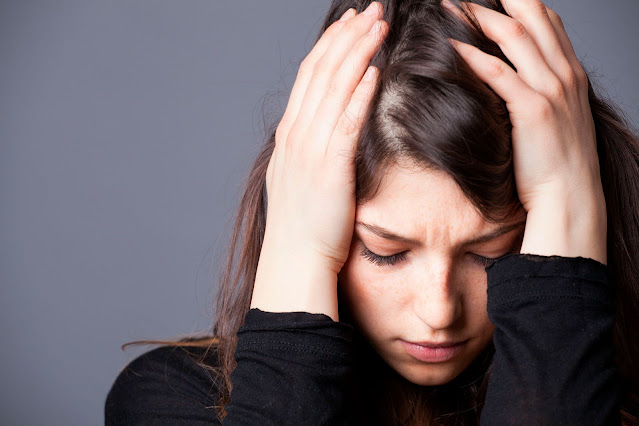Anxiety Disorders and Depression Treatments are Used to Alleviate Anxiety and Depression
 |
| Anxiety Disorders and Depression Treatments |
According to Coherent Market Insights the Anxiety Disorders and Depression Treatments Market Global Industry Insights, Trends, Outlook, and Opportunity Analysis, 2022-2028.
Treatments for
anxiety disorders and depression can be considered and evaluated when prodromes
are impairing a person's ability to function in daily life and lowering their
quality of life, and when prodromes of anxiety and depression occur roughly in
equal amounts without exhibiting any of severity of many depressive
illnesses or the anxiety illness. Whatever the case, the impact of having both
illnesses coexist is severe enough to cause distress and impair functioning.
Treatments for depression and anxiety disorders are two distinct psychiatric
conditions. Treatments for depression and anxiety disorders are extremely
similar to one another. A cure for the potentially very serious depression or
anxiety disease is opposed to a treatment for this disorder.
Additionally, it has been shown to be exceedingly difficult to identify a single set of criteria to apply to the treatment of depression and anxiety disorders. The treatments for depression and anxiety disorders require a number of things. A dysphoric mood lasts or recurs for at least four weeks and has at least four of the main prodromes, which include difficulty concentrating or memory problems, disturbed sleep, lack of energy or exhaustion, a feeling of irritation, crying quickly when discussing any subject, an enhanced state of the sensory, experiencing and anticipating the worst most of the time, and the main thing is that people suffering from it feel worthless or useless Treatments for Depression and Anxiety Disorders are common.

.jpg)

Comments
Post a Comment